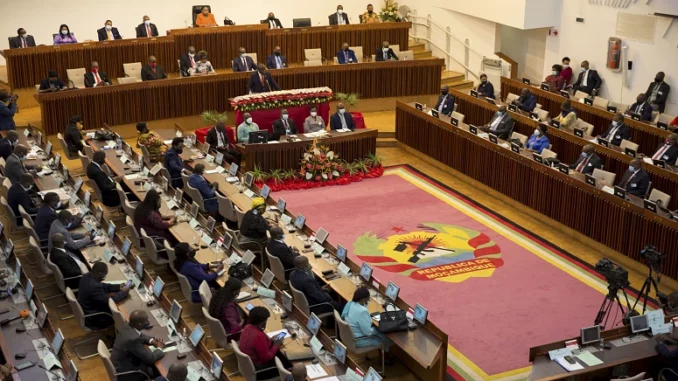
The Centre for Public Integrity (CIP), a Mozambican non-governmental organization (NGO), estimates the additional cost of direct state contracting in an election year at 318 billion meticais (more than 4.5 billion euros).
“The acquisition of goods and services by public entities using less transparent contracting methods, such as direct award and competitive tendering, costs the public purse much more in election years than in non-election years,” says the CIP analysis.
In the 2019 election year, the average cost of direct contracts exceeded that of public tenders and other methods by eight million meticais, according to the analysis.
The text suggests that the substantial increase in direct contracting costs during election periods, a time when the risks of corruption are high, signals the possibility of over-invoicing in procurement processes.
CIP points out that, public entities have awarded million-dollar contracts in very dubious contracting processes using direct contracting.
“Some contracts have been awarded to companies that are not very significant or are associated with the political elite and are taking place in the context of elections,” reads the document.
In this context, the risk of public procurement being manipulated to finance election campaigns or enrich the ruling elite is very high, notes CIP.
The NGO argues that the main corruption scandals in the country, such as the so-called hidden debts, are linked to the manipulation of public procurement and are related to election periods.
